Public officials can have work meals at enterprises or have the enterprise assist in arranging meals, without exceeding the prescribed meal fee standard, if they miss meals due to work reasons or are unable to dine because of special circumstances such as the remote location of workplaces.
Public officials who have been approved to participate in business activities, including exchanges and forums, organized by enterprises, chambers of commerce and industry associations are required to settle their accommodation fees and travel expenses on time according to the prescribed standards.
These are part of the Behavioral Guidelines and Q&A for Several Scenarios of Political-Business Relations in Guangzhou unveiled recently.
The guidelines also stipulate that public officials must strictly practice diligence and thrift, oppose extravagance and waste, and not use the reception venues of enterprises to eat and drink extravagantly.
Public officials must not require enterprises to pay for personal banquet activities, according to the guidelines.
"And it is not permissible to accept banquets in violation of rules and regulations, nor to accept or provide banquets that may affect the fair execution of official duties, nor to use public funds to pay for personal banquets or banquets unrelated to official duties," according to the guidelines.
The guidelines, published recently by the Guangzhou city government, have drawn a clear disciplinary red line for the dining and entertainment-related behavior of public officials in official and business activities, clarifying what can and cannot be done.
The guidelines were introduced in the southern metropolis after a growing number of local public officials had said that they did not know how to handle political and business relations when invited to participate in some business and related events organized by local companies and chambers of commerce.
They had said that they worry about whether they would violate Party discipline or related rules and regulations when they have meals at the companies they visit, said the guidelines.
As "a millennium commercial capital" and a major foreign trade port of the country, Guangzhou usually has frequent economic activities annually.
Li Hui, director of foreign investment management with Guangzhou Municipal Bureau of Commerce, said some officials, sometimes, had to politely refuse to attend or only leave halfway through certain sessions because they were afraid of violating discipline and related regulations when they were invited to attend some economic events organized by local companies.
"Although enterprises can express understanding, it still cannot avoid leaving them with a stereotypical and distant impression of government departments and officials," said Li.
Wang Yuqun, an official with Guangzhou Discipline Inspection Commission of the Communist Party of China, said many public officials have also said they are unsure when deciding whether to dine or not during their participation in corporate activities.
The guidelines set clear boundaries within the scope permitted by laws and regulations, unleashing the flexibility within the scope permitted by laws and regulations, and providing support and encouragement for normal, orderly and healthy communication activities between enterprises and governments, according to Wang.
Wang said the commission will strengthen supervision and inspection around the implementation of the guidelines to ensure the effective implementation of such guidelines.
Local business executives are usually confused whether to invite officials to dinner or not when the officials visit their companies. "Since the guidelines have been issued, these psychological burdens can be let go," said Shen, a local company executive who only chose to provide his surname.








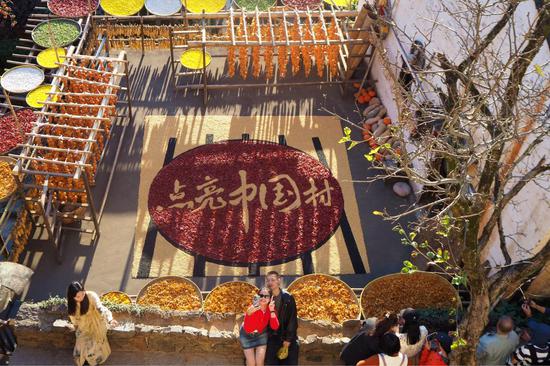


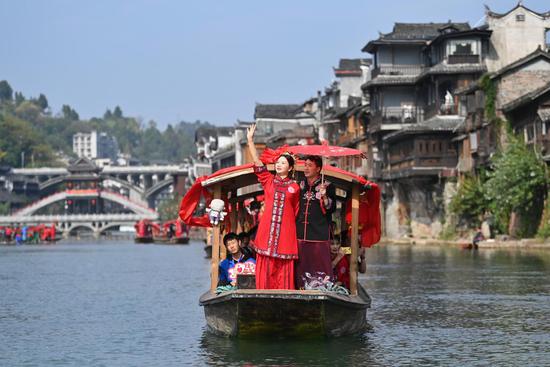
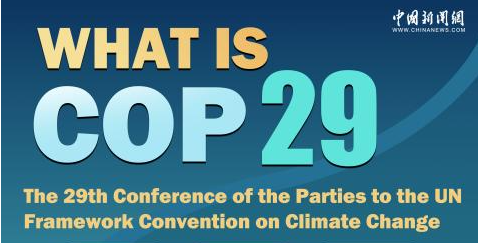

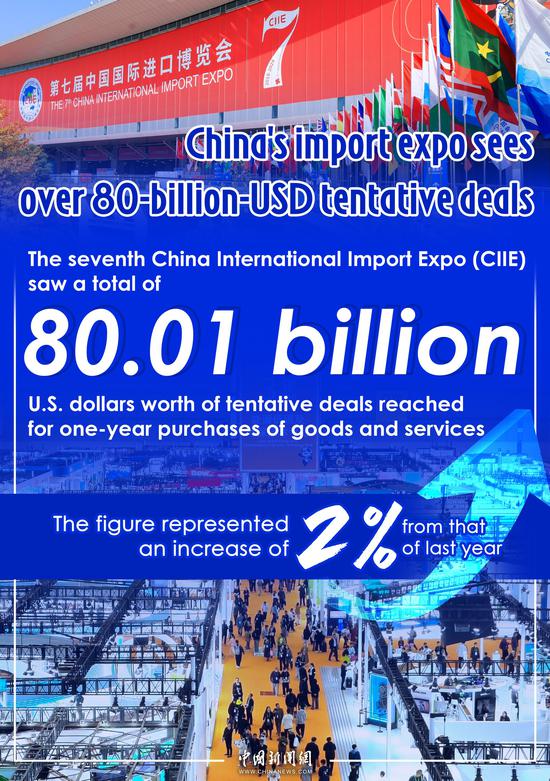
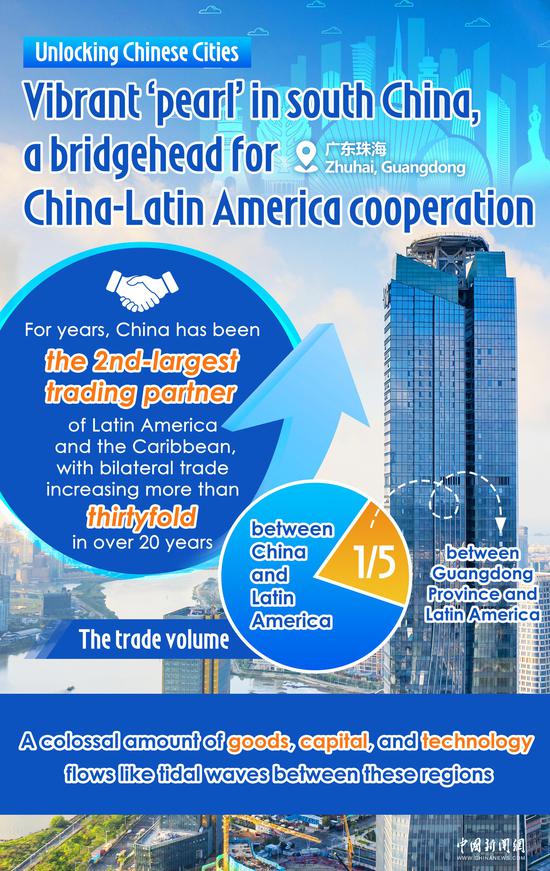
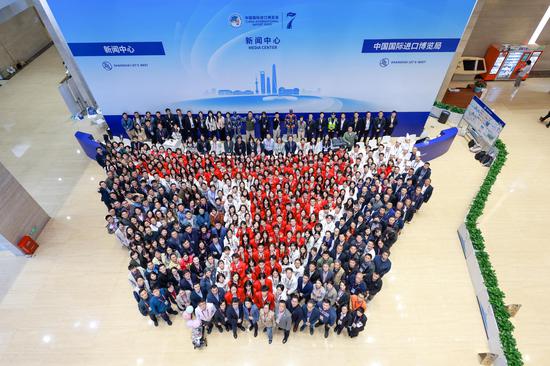
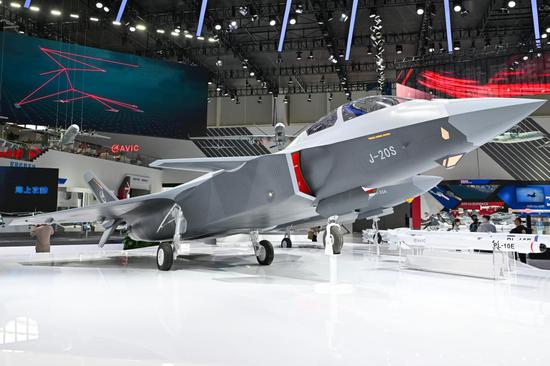
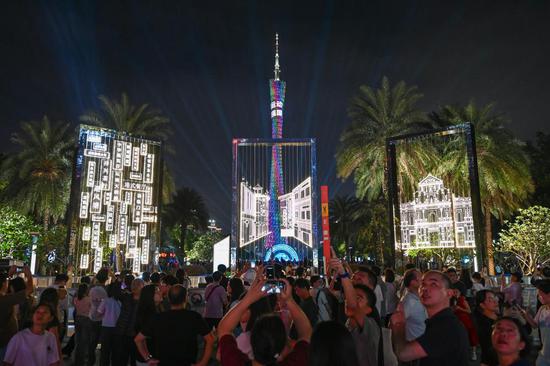
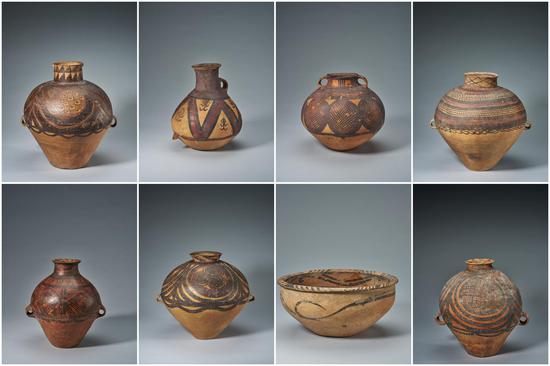

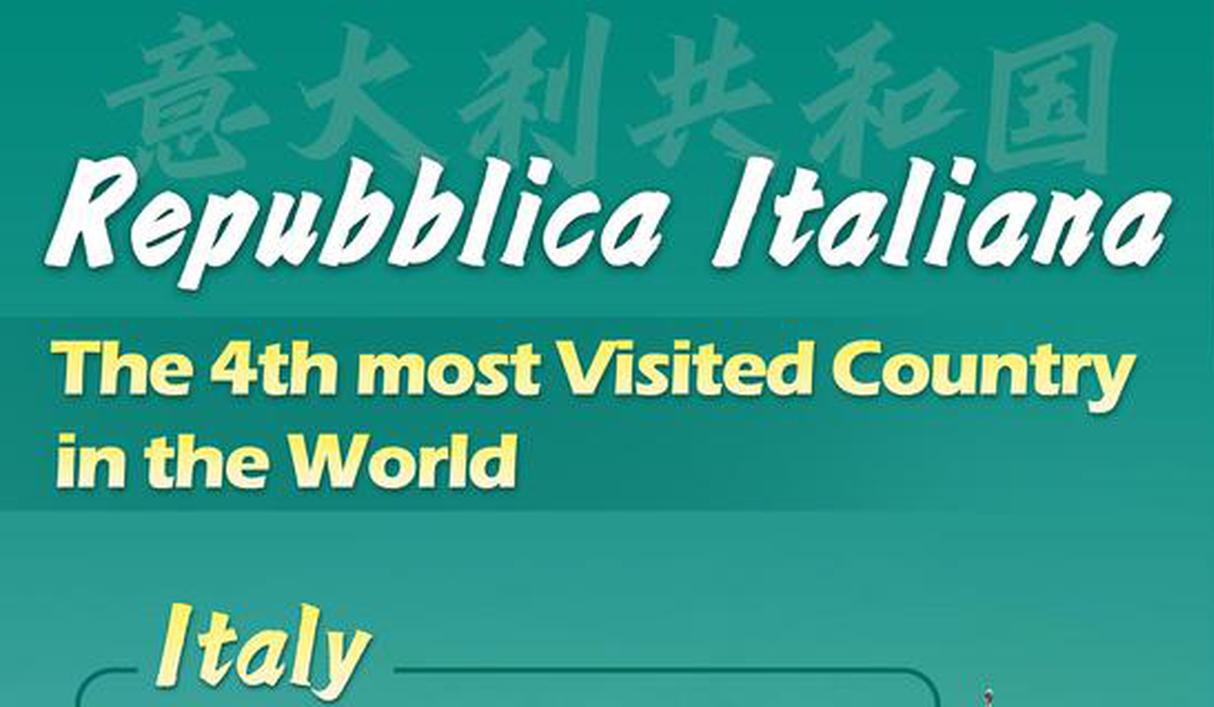

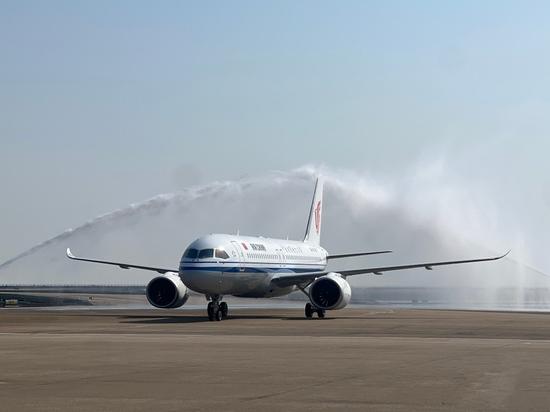

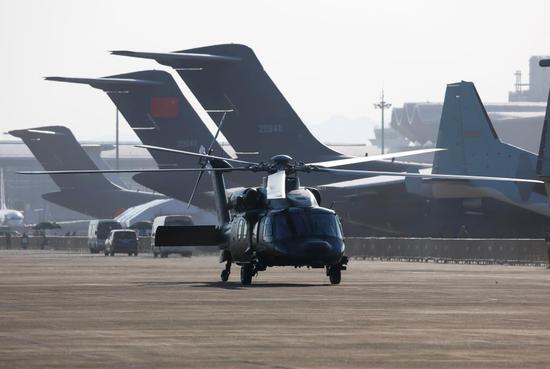
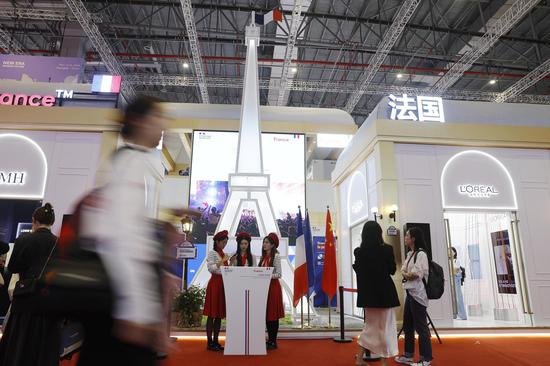
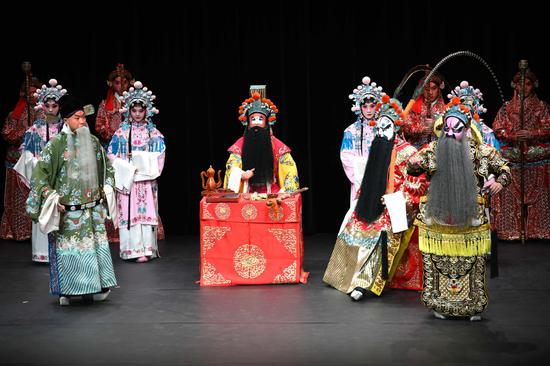


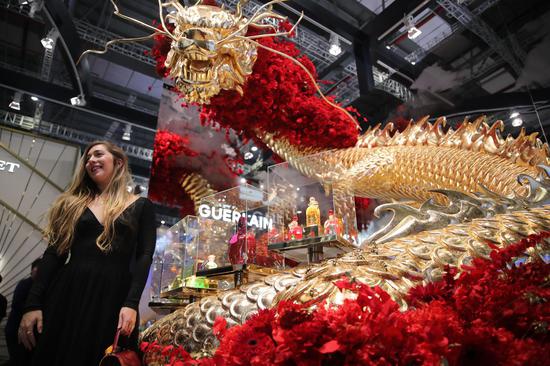
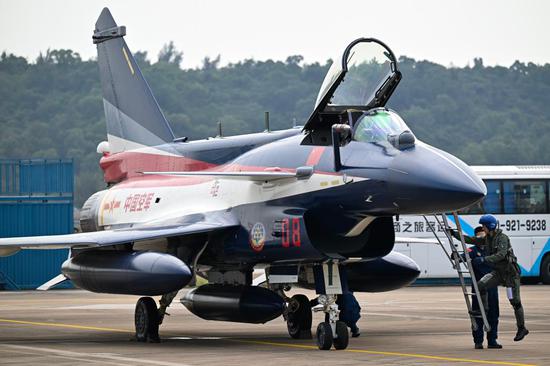
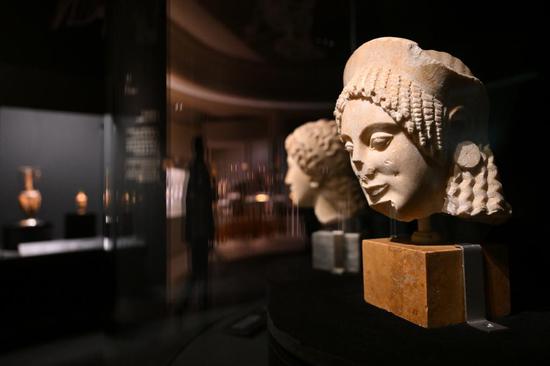
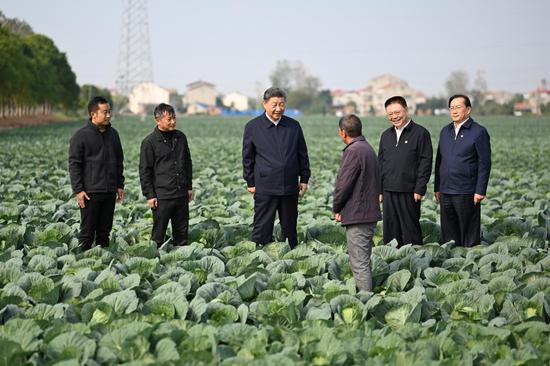
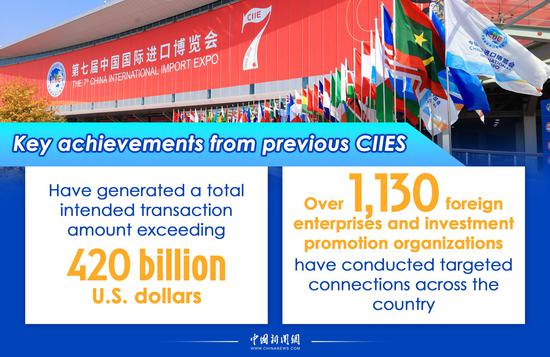
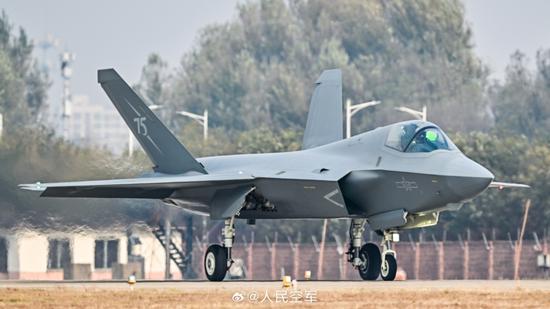
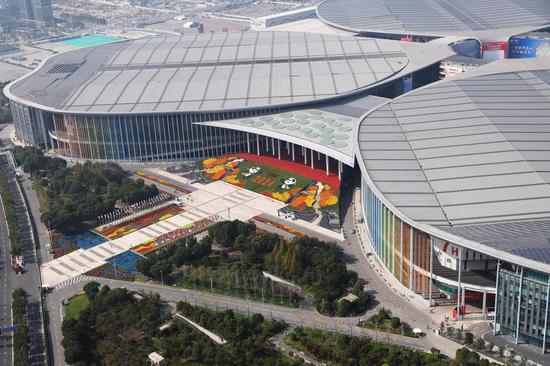




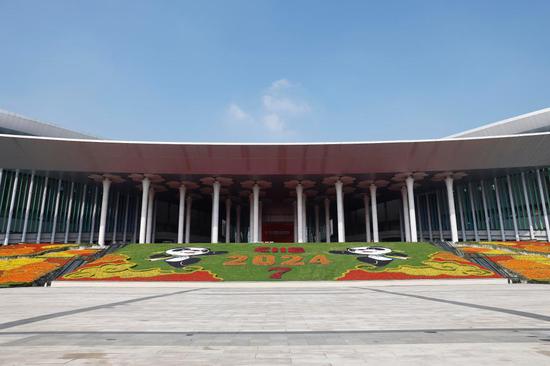

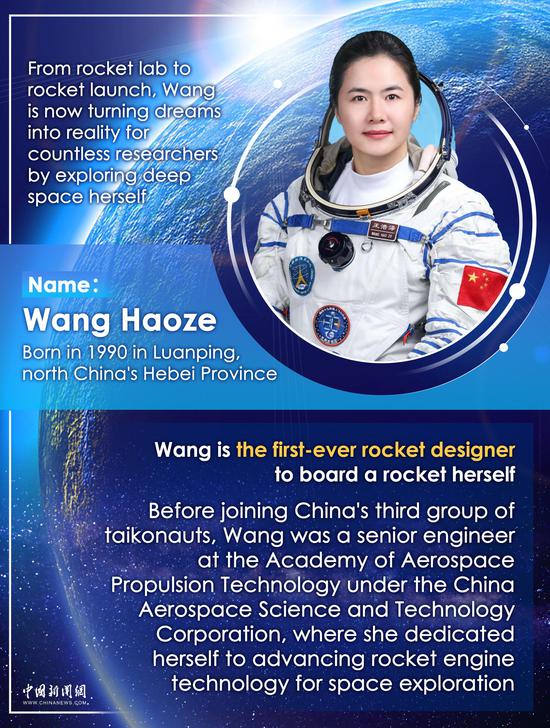


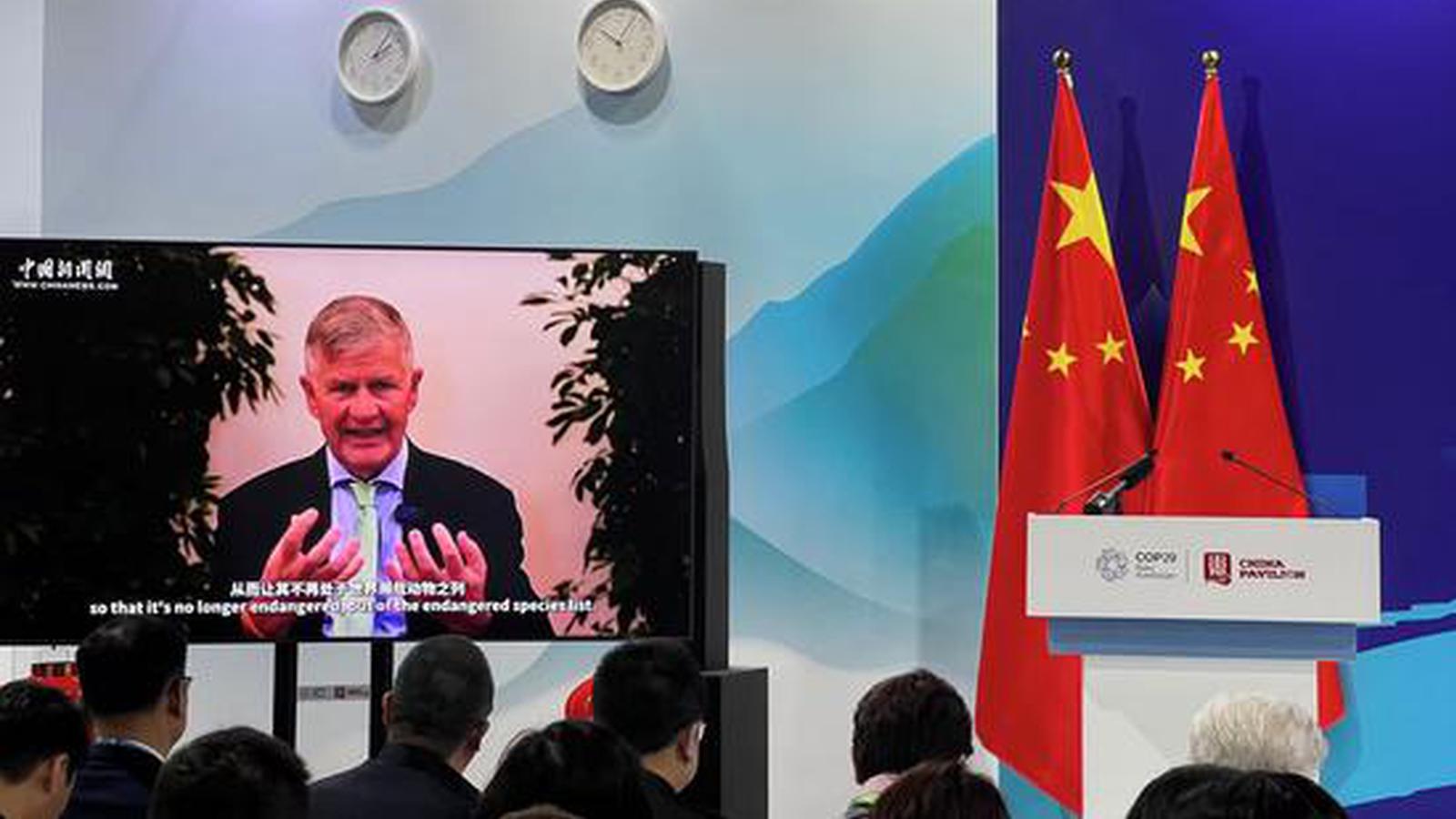

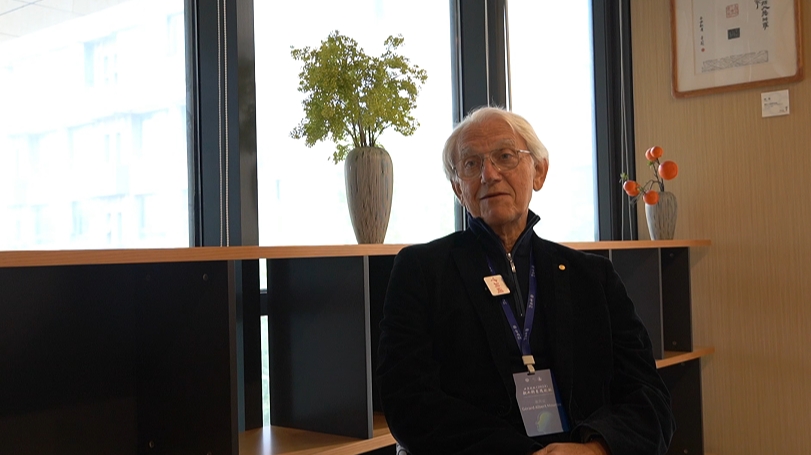

 京公网安备 11010202009201号
京公网安备 11010202009201号